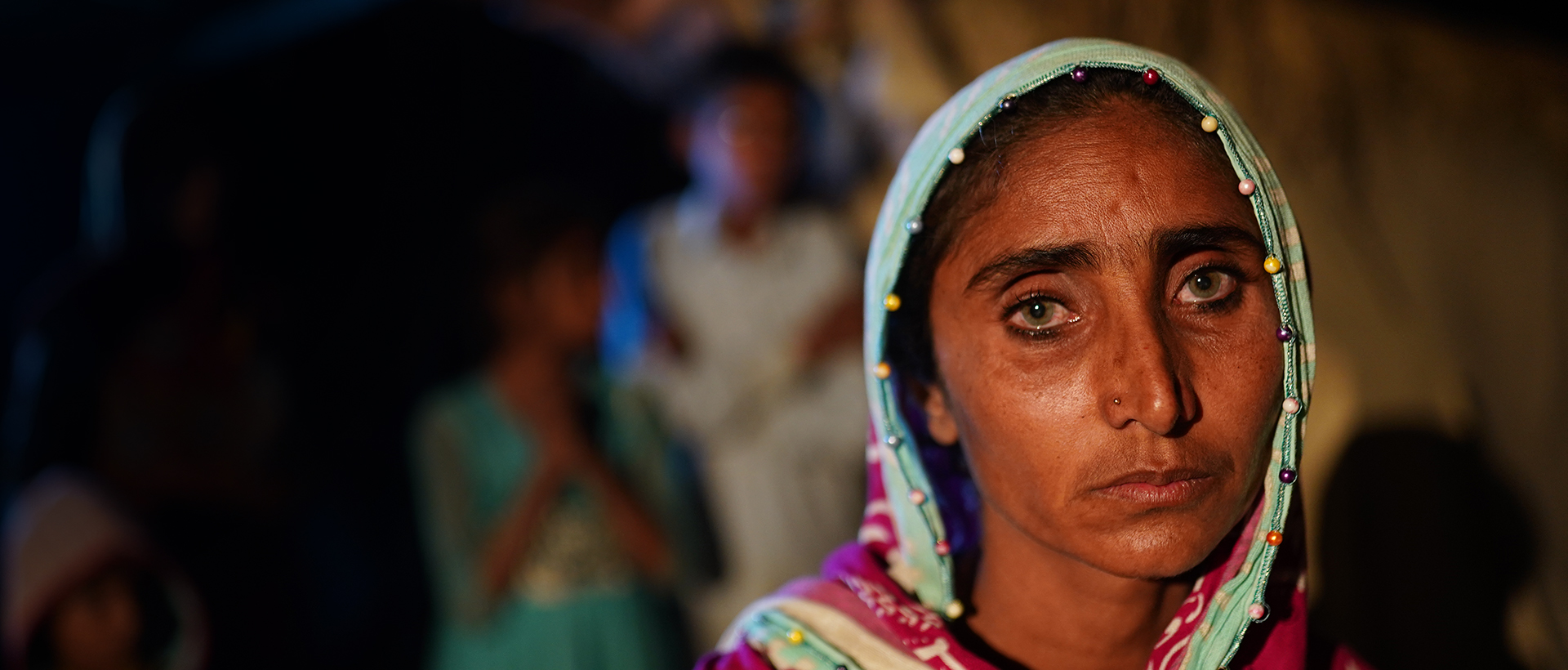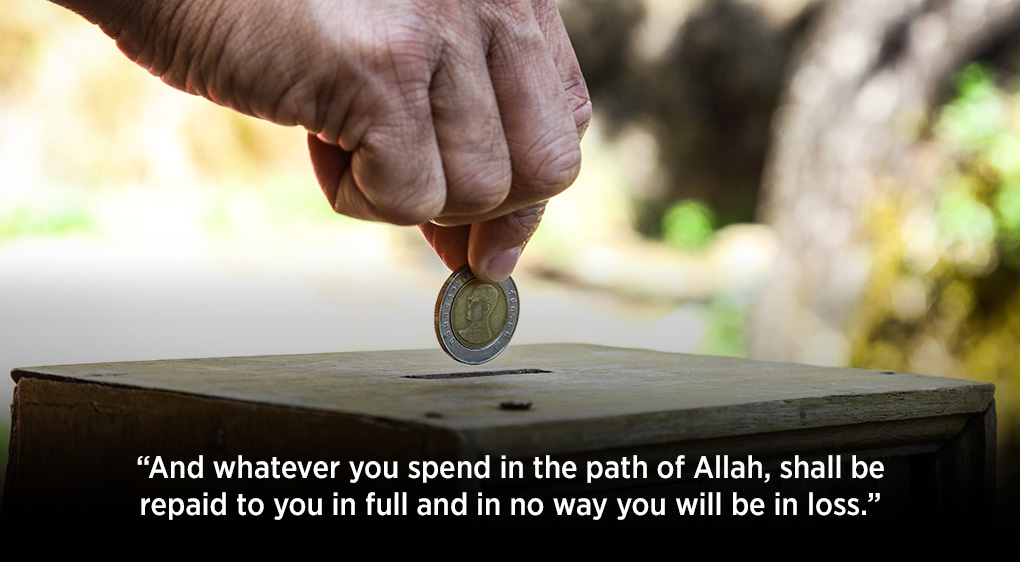
Zakat

Calculator
Calculate Your Zakat
What You Own
What You Owe
Is Zakat Due?
** Gold Price Taken from https://rapidapi.com/user/solutionsbynotnull
Why Give Zakat to Orphans in Need?
How is Zakat Distributed by Orphans in Need?
Zakat FAQs
To help you how to work out Zakat, we have updated our Zakat calculator for 2021 so you can be confident in your contribution amount for this year. Donate your Zakat with Orphans in Need today.
Zakat is calculated as 2.5% of wealth outside of our daily means.
Zakat is paid after excess wealth has been held for a full Hawl (Islamic year)
The Zakat you pay will depend on how much excess wealth you have minus your responsibilities
Those eligible to receive Zakat are defined as;
- Fakir, the poor
- Miskin, the hungry
- Amil, those who distribute Zakat
- Riqab, those living in slavery
- Gharmin, those living in unmanageable debt
- Fisabilillah, those who fight in Allah’s SWT name
- Ibnus Sabil, stranded travellers who are without support
- Muallaf, new joiners of the faith or friends of the Muslim community




